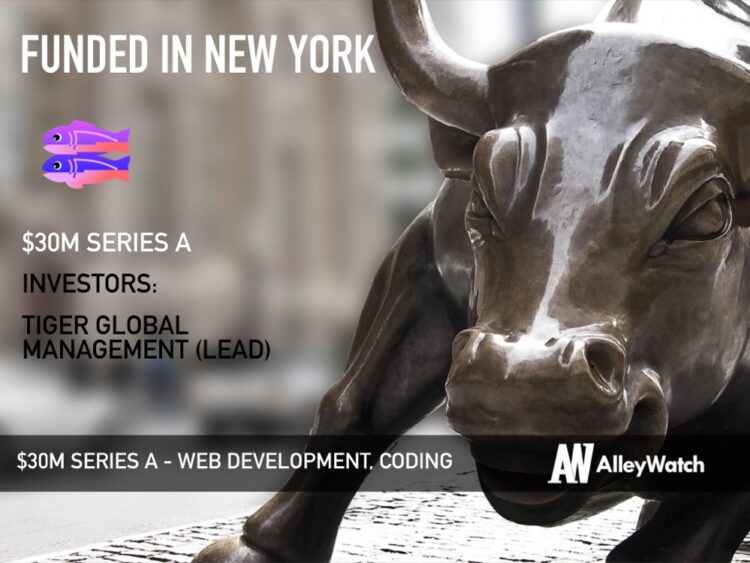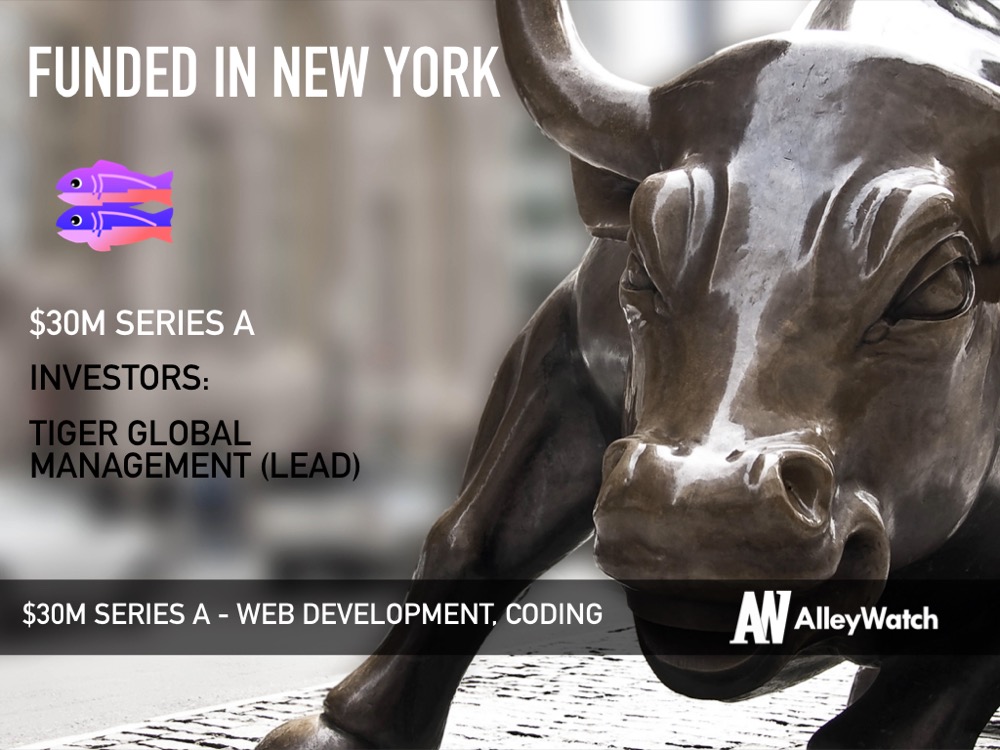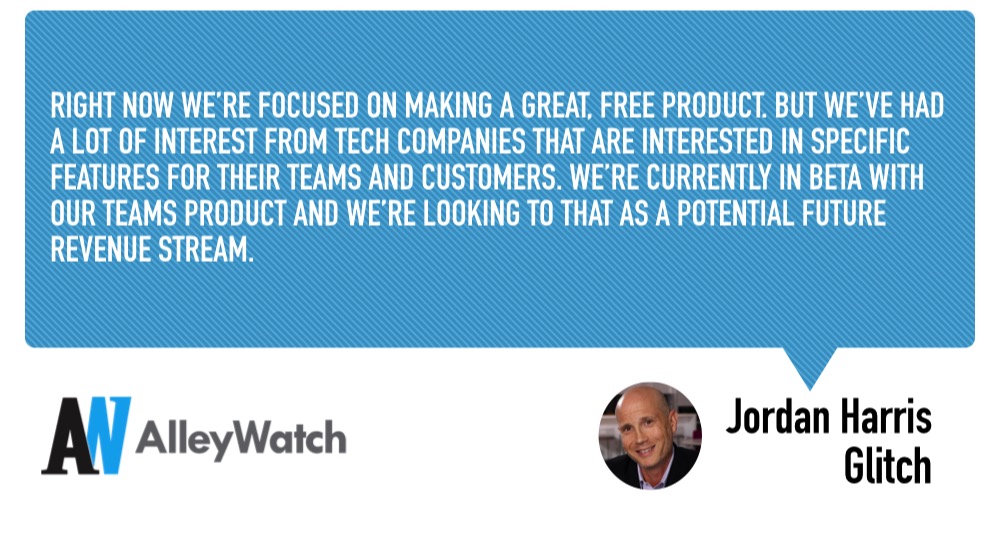Steve Jobs once said that everyone in this country should learn how to code; however, many people shy away from coding due to the steep learning curve that is required to create a fully functional website or app. Glitch, the two-year-old NYC startup launched by the team behind Trello (acquired) and Stack Overflow, gives everyone the power to create on the web through its powerful code editor and publishing platform that allows people to focus on building rather than setting up. The platform is currently free for people to use and is supported by a robust community that has already created millions of apps.
AlleyWatch sat down with COO Jordan Harris to learn more about the company, its genesis, future plans, and recent funding round.
Who were your investors and how much did you raise?
Tiger Global Management. We raised 30 Million for our Series A.
Tell us about the product or service that Glitch offers.
Glitch is a place where everyone can create the web. It’s a simple but powerful code editor for creating websites and apps, supported by a fun and friendly community of creators—from brand new to expert developers.
First and foremost, Glitch makes things easy no matter your level of experience. Instead of the traditional, complicated method of setting up a local development environment and deploying to a server, Glitch combines those steps into something so easy that new coders find it intuitive and more experienced coders are excited to skip the setup and just test out their idea. Then, there’s the community: Our users have created millions of apps you can build on and customize with the click of a button.
Glitch is also a different kind of company. We started nearly twenty years ago as Fog Creek, the independent software company that created both Trello and Stack Overflow. In those years, we’ve led the way on what healthy startup culture looks like: we cover health insurance 100% for every employee. Glitch has pay transparency. We’re one of the first companies to have a climate leave policy, where workers get paid time off if they are impacted by the increasingly frequent disruptions of extreme weather and environmental conditions due to climate change. And we’ve made our company handbook with all of these policies totally public.
What market does Glitch target and how big is it?
Depending on how you define it, there are 30-50 million people in the world who code in one way, shape, or form. That’s our market. It’s massive, but what we know from talking to our users and looking at our metrics is that we have room to scale and fundamentally change the experience that people have when they use and create the web.
What’s your business model?
Right now we’re focused on making a great, free product. But we’ve had a lot of interest from tech companies that are interested in specific features for their teams and customers. We’re currently in beta with our Teams product and we’re looking to that as a potential future revenue stream.
Who do you consider to be your main competitors?
In some ways, we’re creating our own market: Different companies (like Amazon’s Web Services) hold different pieces, but it’s not something we think about because Glitch is offering such a fundamentally different offering.
What was the funding process like?
We spoke with a number of different venture capital firms when thinking about our Series A. We’re innately skeptical of the current Sand Hill approach, and we wanted to make sure that any funding we took didn’t jeopardize the incredible and unique culture Glitch has built these past 19 years.
What are the biggest challenges that you faced while raising capital?
Finding someone who shared our belief that building a good, healthy product in an intentional way was better than growth at all costs. Glitch as a product is something really special that has the potential to be huge, but only if its core DNA doesn’t change as we scale. Identifying a partner that truly believed in that was important.
What factors about your business led your investors to write the check?
A couple of things: We’re the same company that created Trello, which was acquired by Atlassian, and StackOverflow, the biggest community for developers in the world. So, two hits isn’t bad, we’ve got a track record that lends trust. Then you add Anil Dash, our CEO, who’s a really respected figure in the tech community.
A couple of things: We’re the same company that created Trello, which was acquired by Atlassian, and StackOverflow, the biggest community for developers in the world. So, two hits isn’t bad, we’ve got a track record that lends trust. Then you add Anil Dash, our CEO, who’s a really respected figure in the tech community.
On the platform side, our numbers are really encouraging—we’re seeing incredible growth and engagement from users. And when you look at the reactions we’re hearing from people who code—both at big companies like Google and people just coming out of bootcamps or classes—they all have a use-case for Glitch. I think for our investors that was really compelling.
What are the milestones you plan to achieve in the next six months?
This spring we’ve been scaling the company—going from 30 employees to more than 50 right now. We’re also focused on nailing the core product. So, a lot of the work we’ll be doing is about making sure that we have our fundamentals rock solid before we expand the market.
What advice can you offer companies in New York that do not have a fresh injection of capital in the bank?
We’re an independent company. We’ve been bootstrapped since our creation, and we’ve grown slowly and intentionally. As a company that’s traditionally rejected the VC model, we identify a lot with companies who don’t have that injection of capital and it can be really healthy in making sure you’re developing a great product.






